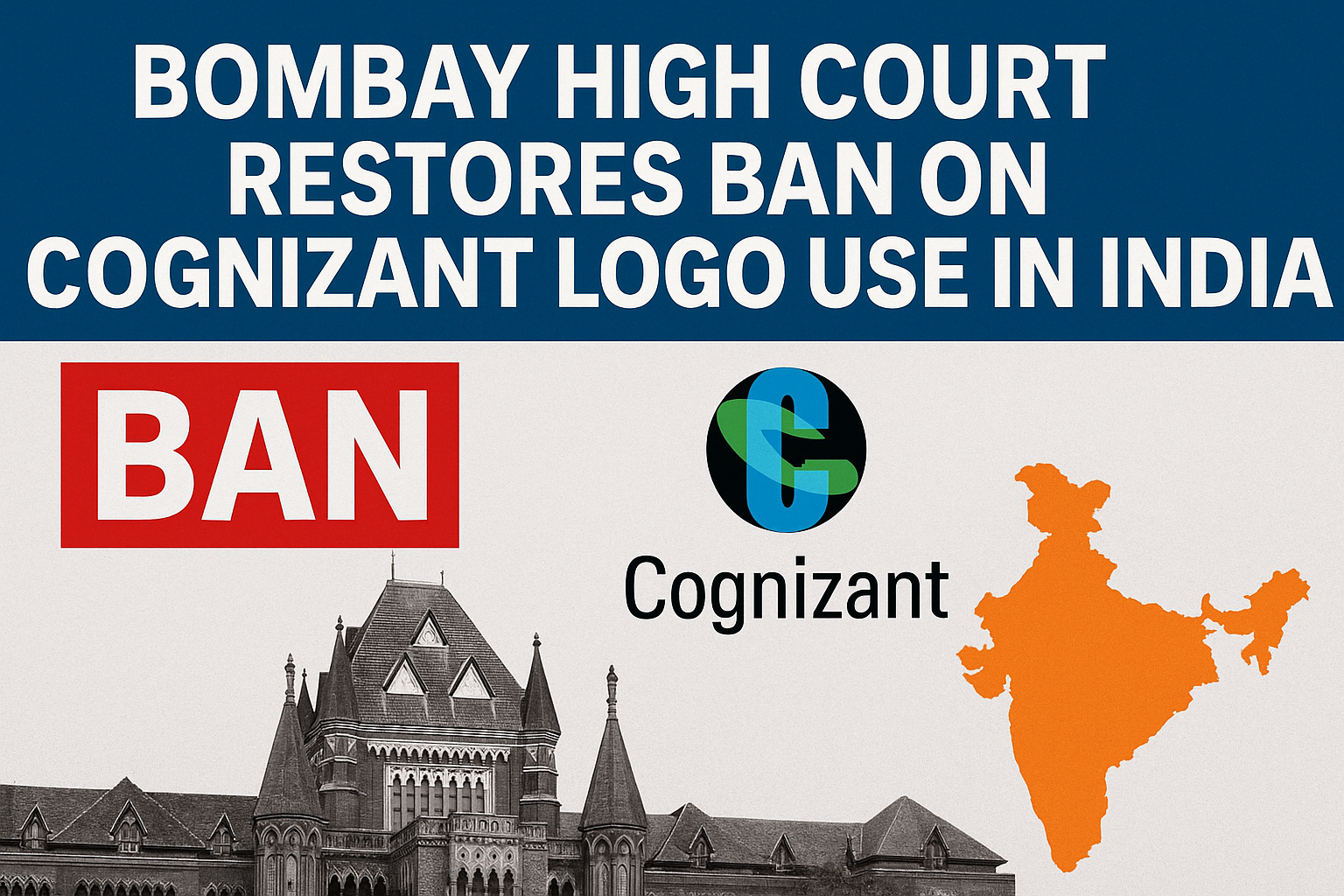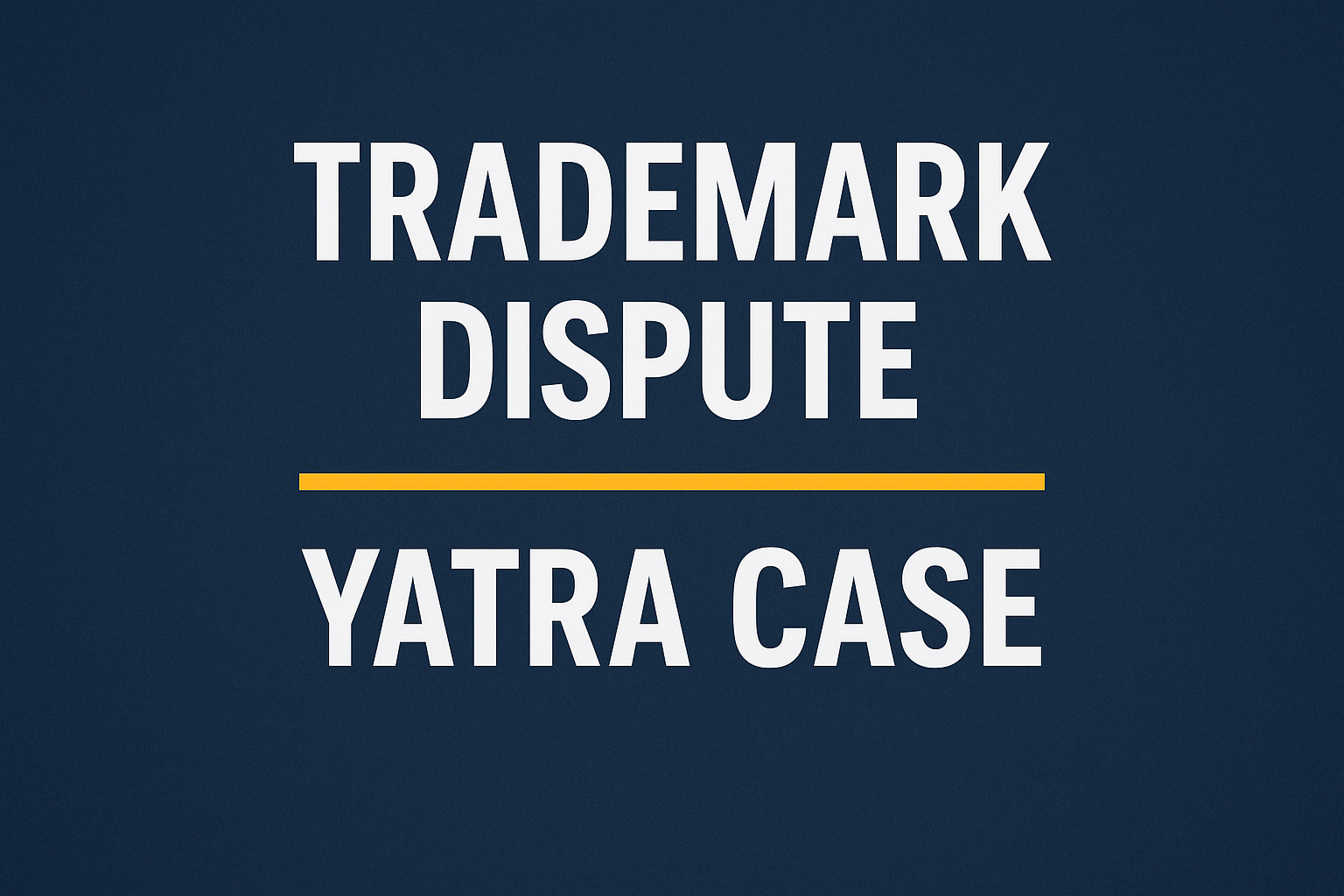The Bombay High Court has reinstated an injunction that bars Cognizant Technology Solutions from using its logo in India. The decision, issued on 26 August 2025, marks a setback for the U.S.-based IT services giant as it battles an ongoing trademark dispute with Atyati Technologies Pvt. Ltd.
Division Bench Overturns Earlier Relief
A division bench led by Chief Justice Alok Aradhe and Justice Sandeep V. Marne revived a March 2024 interim injunction that had originally restrained Cognizant from displaying or using the contested logo. The bench set aside a June 2024 single-judge order which had temporarily allowed Cognizant to continue using its brand mark while the case was pending.
With the latest ruling, Cognizant must immediately stop using its logo across operations in India until the trademark infringement lawsuit reaches final resolution.
Background of the Dispute
The dispute began when Atyati Technologies, a Bengaluru-based technology solutions provider, alleged that Cognizant’s logo closely resembled its registered device mark. Atyati argued that the similarity could mislead customers and erode its brand identity.
On 19 March 2024, a single-judge bench of the Bombay High Court granted an ex-parte injunction in Atyati’s favour, stopping Cognizant from using the disputed design. However, in June 2024, the same bench withdrew the order after finding that Atyati had not disclosed certain material facts. As a result, Cognizant was allowed to resume using its logo.
The 13 June 2024 order further granted Cognizant interim relief, permitting continued use of the logo during litigation. This relief has now been nullified by the division bench.
Cognizant’s Response
In a statement following the ruling, Cognizant said it would review the court’s order and explore all available legal remedies. The company emphasized its commitment to protecting its brand reputation while ensuring compliance with Indian laws.
What Lies Ahead
The case highlights the increasing importance of trademark protection in India’s IT sector, where global corporations and domestic companies frequently clash over brand identity and intellectual property. The ban could force Cognizant to temporarily rebrand its operations in India, one of its largest markets outside the United States.
The matter will now proceed to a full hearing, where the court will decide whether Cognizant’s logo indeed infringes on Atyati’s registered mark. Until then, the restored injunction will remain in effect.


